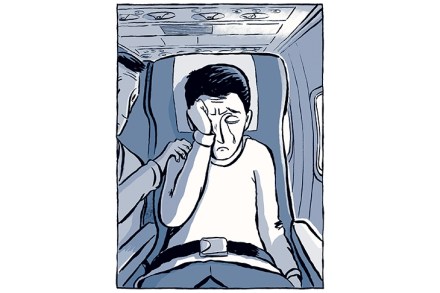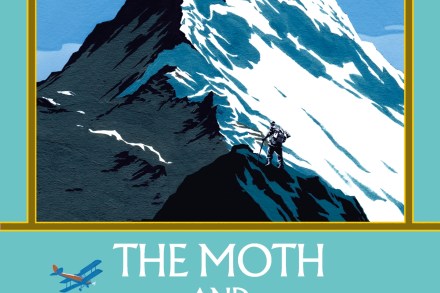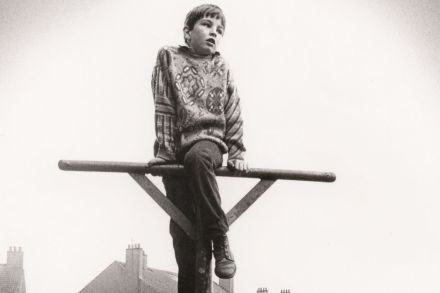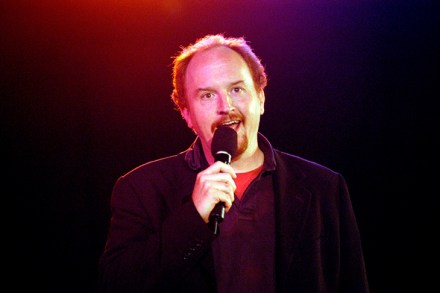The serious business of graphic novels
One of the running jokes about ‘serious’ graphic novels is that so many seem to consist, one way and another, of comics about how lonely, miserable and socially inept comic book creators are. Adrian Tomine leans into the trend, but with great charm, in The Loneliness of the Long-Distance Cartoonist (Faber, £16.99). Here is an autobiographical anthology of humiliation in chronological order — a series of wan vignettes taking the artist from inadequate-feeling schoolboy comics nerd to… inadequate-feeling New Yorker-published middle-aged comics superstar. Every time he feels he’s arrived, there’s something to remind him he hasn’t: a stinking review; a disobliging comparison to Neil Gaiman or Dan Clowes; Frank Miller




















